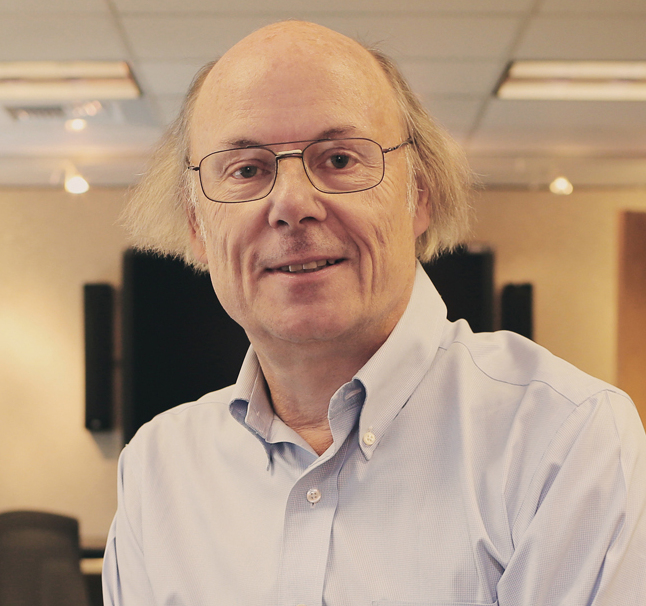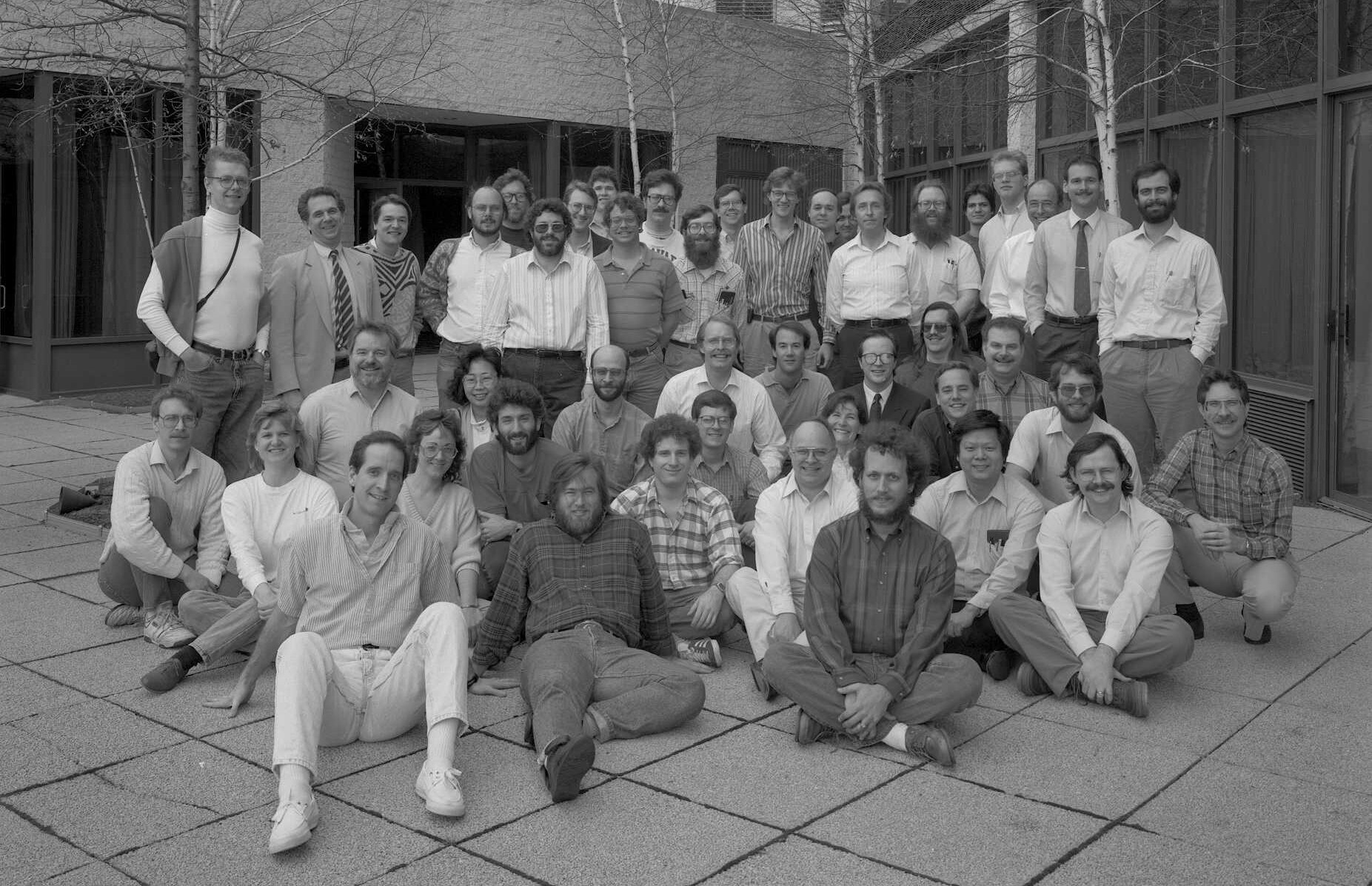HISTORY OF C++
C with classes

In 1979, Bjarne Stroustrup, a Danish computer scientist, began work on "C with Classes", the predecessor to C++.The motivation for creating a new language originated from Stroustrup's experience in programming for his Ph.D. thesis. Stroustrup found that Simula had features that were very helpful for large software development, but the language was too slow for practical use, while BCPL was fast but too low-level to be suitable for large software development. When Stroustrup started working in AT&T Bell Labs, he had the problem of analyzing the UNIX kernel with respect to distributed computing.
In 1983, "C with Classes" was renamed to "C++" (++ being the increment operator in C), adding new features that included virtual functions, function name and operator overloading, references, constants, type-safe free-store memory allocation (new/delete), improved type checking, and BCPL style single-line comments with two forward slashes (//). Furthermore, it included the development of a standalone compiler for C++, Cfront.
LIBRARY, WITH C
What it's made of...
The C++ standard consists of two parts: the core language and the standard library. C++ programmers expect the latter on every major implementation of C++; it includes vectors, lists, maps, algorithms (find, for_each, binary_search, random_shuffle, etc.), sets, queues, stacks, arrays, tuples, input/output facilities (iostream, for reading from and writing to the console and files), smart pointers for automatic memory management, regular expression support, multi-threading library, atomics support (allowing a variable to be read or written to by at most one thread at a time without any external synchronisation), time utilities (measurement, getting current time, etc.), a system for converting error reporting that doesn't use C++ exceptions into C++ exceptions, a random number generator and a slightly modified version of the C standard library (to make it comply with the C++ type system).

C++ is often considered to be a superset of C, but this is not strictly true. Most C code can easily be made to compile correctly in C++, but there are a few differences that cause some valid C code to be invalid or behave differently in C++. For example, C allows implicit conversion from void* to other pointer types, but C++ does not (for type safety reasons). Also, C++ defines many new keywords, such as new and class, which may be used as identifiers (for example, variable names) in a C program.